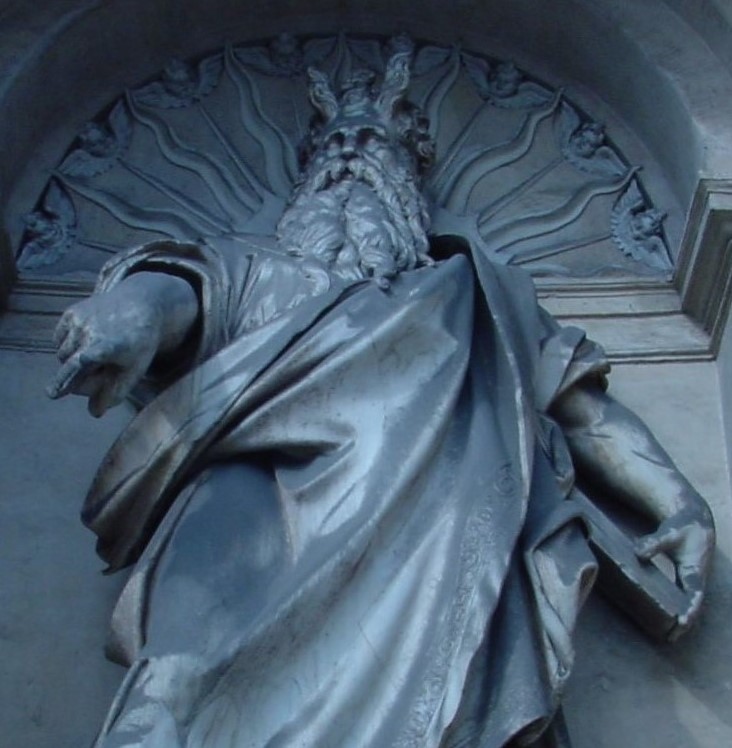
After a visit by a missionary, an elderly Jewish man started to question his faith. He invited his family to hear the missionary and asked me to present the Jewish point of view.
I was able to refute the missionary’s proof-texts. However, the missionary became frustrated and said, “Rabbi, you are blind.” He explained that I have a veil over my eyes that prevents me from understanding the bible, and the only way to remove the veil is by accepting Jesus.
Everyone saw the irony when I responded, “If I have to accept him before I can understand the proofs, why bother showing them to me?”
The accusation that Jews are blind is based on a mistranslation of several verses which precede this week’s Torah portion Yayahel-Pekudei (Exodus 35:1- 40:38), which highlights Moses communicating God’s requirements for building the Tabernacle.
The Torah relates that when Moses descended from Mount Sinai, “the skin of his face was beaming with light from speaking with God” (Exodus 34:29). Incidentally, the Hebrew “קרן – karán” was mistranslated into Latin as “horns” which mistakenly caused Michelangelo to depict Moses with two horns on his head. Anti-Semites also used this mistranslation to stereotype all Jews as having horns.
While Moses spoke to the Jews, they were awestruck because of his radiance; however, when he “finished speaking with them, he placed a veil on his face” (Exodus 34:33). The Hebrew “ויכל -vaechal” clearly means “finished,” as is well know from the verse, “the heaven and earth were finished” (Genesis 2:1).
Some Christian translations incorrectly render this verse, “till Moses had finished speaking with them, he put a veil on his face” to imply that Moses spoke to the Jews through a veil. The New Testament promotes this misconception claiming, “Moses would put a veil over his face to prevent the Jews from seeing… But the people’s minds were hardened, and to this day, whenever the old covenant is read, the same veil covers their minds, so they cannot understand the truth” (2 Corinthians 3:13-14).
Actually, the Torah is easy to comprehend, as is says, “it is very near you; it is in your mouth and in your heart, so you may do it” (Deuteronomy 30:14).
Since this week’s Torah portion also introduces the observance of Shabbos (Exodus 35:2), we should take advantage of our isolation to isolate ourselves with God and sanctify the Shabbos by lighting candles, learning Torah, meditatively praying and refraining from mundane pursuits.
Masks have been in the news since the inception of the devastating coronavirus. I pray that very soon, all masks will be lifted both physically and spiritually as the prophet says, “the glory of the LORD will be revealed, and all people will see it together. For the mouth of the LORD has spoken." (Isaiah 40:5). May the revelation of peace and tranquility on Shabbos bring God’s healing to our bodies and souls.
Shabbat Shalom,
Rabbi Bentzion Kravitz